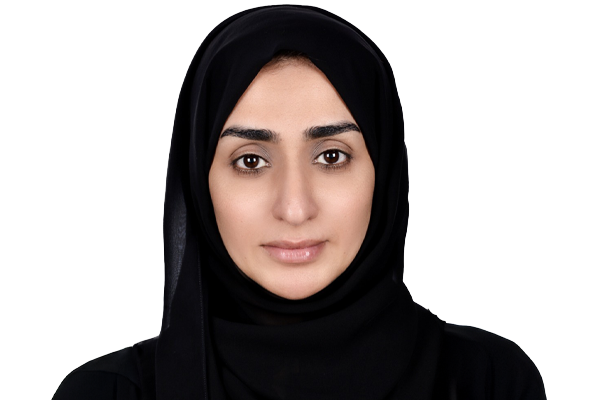The United Arab Emirates (UAE) faces an urgent demographic challenge with profound national security implications: a sustained decline in fertility among its citizens. While expatriates continue to drive overall population growth, the proportion of Emiratis is shrinking, raising concerns about long-term workforce sustainability, cultural preservation, and leadership succession. According to CEIC and OECD data, the UAE’s total fertility rate declined from 4.54 children per woman in 1990 to just 1.2 in 2021. This trend, if left unaddressed, threatens the foundations of the UAE’s strategic autonomy and demographic resilience.
Although the government has introduced a variety of initiatives ranging from marriage grants and child allowances to institutional measures such as the Ministry of Family, these efforts have not adequately tackled the underlying structural factors that discourage family expansion. Limited access to fertility education, workplace childcare, and future-oriented financial planning continue to shape family decisions, particularly among Emirati women balancing career ambitions with societal expectations.
This research employs a qualitative comparative analysis to explore viable policy responses, drawing lessons from Singapore and South Korea. Both countries have invested heavily in pronatalist policies but continue to struggle with ultra-low fertility rates, underscoring the need for integrated and culturally tailored solutions. Within the UAE context, this study evaluates policy options through six criteria: effectiveness, feasibility, cost-efficiency, social alignment, long-term sustainability, and global applicability.
Among the solutions assessed, the most promising approach is the development of a National Fertility Education and Counseling Program. This program would raise fertility awareness among youth and couples, provide access to reproductive health guidance, and normalize early planning for parenthood. Compared to other alternatives, this option demonstrated superior feasibility, cultural fit, and long-term impact, making it the most suitable recommendation for the UAE’s demographic strategy.
The findings of this research point to an urgent need for the UAE to adopt proactive and socially embedded fertility policies. Implementing a fertility education and counseling program led by the Ministry of Health and Prevention in collaboration with education and media institutions would mark a strategic shift from reactive incentives to long-term empowerment. Such a move would not only strengthen Emirati family formation but also reinforce national identity and ensure that demographic security becomes a pillar of sustainable development and strategic resilience.




